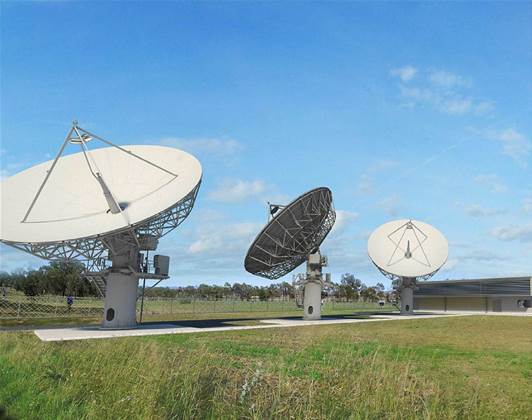Europe’s Galileo SatNav systems are down, with the European Global Navigation Satellite Systems Agency advising the service is “not to be used”.

A later notification [pdf] warns users of “a technical incident in the Galileo ground infrastructure” that “is affecting the functioning of the Galileo system, as a result of which there is a temporary interruption of some of the Galileo initial services.”
The announcements say the cause of the incident is understood and repairs are under way.
The outage is a challenge to users of location-based services, as many SatNav devices use both the United States’ Global Positioning System (GPS) and Europe’s Galileo to improve resilience and accuracy.
Some even tap Russia’s GLONASS too (India’s and China’s SatNav services focus on their own respective territories, so are less popular).
With one of those sources down, services that rely on both are missing some data they assume will be in place.
That’s not disastrous, as using one SatNav service alone doesn’t mean crippling inaccuracy: self-driving trucks in Australia’s mines won’t fall in a hole.
Helping matters further, Galileo is still capable of “initial services”, a grade of operations it offered in its startup phase when it backed up its services with those of rival SatNav constellations.
That fallback position means there’s little risk that location-dependent services will suffer serious inaccuracies.
But the length of the outage – almost four days at the time of writing, with no date offered for resolution – is certainly raising eyebrows and leading to inevitable speculation a technology problem could be part of the cause.





_(23).jpg&h=140&w=231&c=1&s=0)





 iTnews Benchmark Awards 2026
iTnews Benchmark Awards 2026
 iTnews Executive Retreat - Security Leaders Edition
iTnews Executive Retreat - Security Leaders Edition
 iTnews Cloud Covered Breakfast Summit
iTnews Cloud Covered Breakfast Summit
 The 2026 iAwards
The 2026 iAwards












_(1).jpg&h=140&w=231&c=1&s=0)



